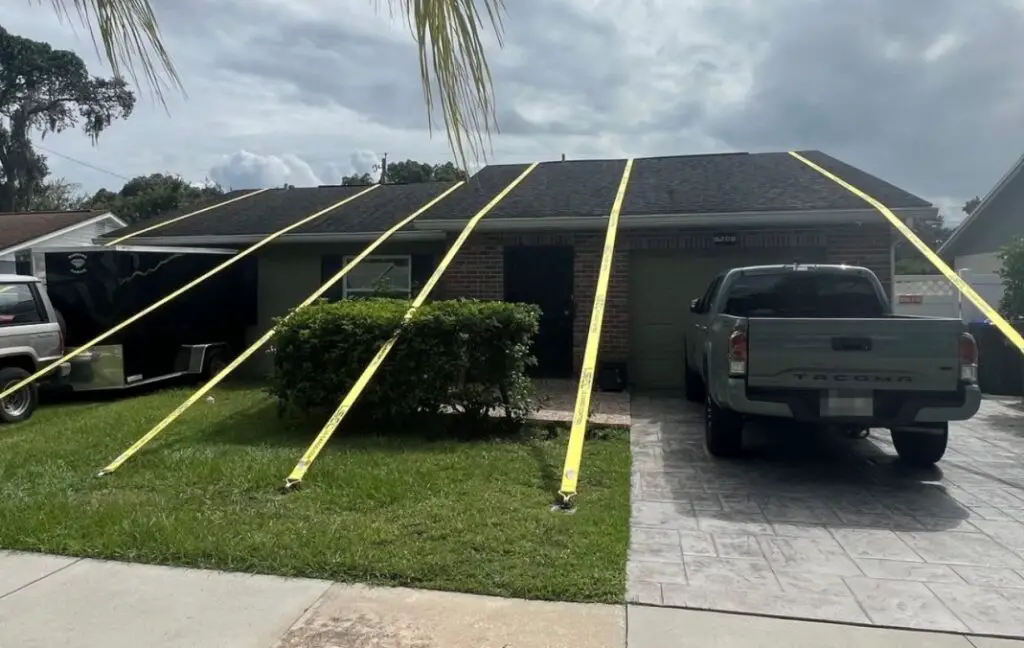Homeownership is one of the biggest investments most people make in their lives. Protecting this valuable asset from unforeseen risks such as natural disasters, extreme weather events, or other damages is critical. Traditional home insurance policies often involve lengthy claim processes, inspections, and sometimes disputes over claim amounts. Enter parametric insurance, a modern, innovative alternative designed to simplify and speed up insurance payouts for homeowners.

Companies like Jumpstart and Recoop in the U.S. provide parametric or hybrid parametric policies for homeowners, often in high-risk states like California, Florida, Oregon, and Washington. These policies typically cover specific events (e.g., earthquakes above a certain magnitude or hurricanes with defined wind speeds) and pay out predetermined amounts based on objective triggers, not actual damage.
How Does Parametric Insurance Work for Homeowners?
Imagine a homeowner living in a region prone to hurricanes. A parametric insurance policy for hurricane damage would specify a trigger.
for example, a hurricane with sustained winds exceeding 100 mph near the insured property. If such a hurricane occurs, the insurance company automatically pays out the pre agreed sum, regardless of the actual damage to the house. This rapid payout allows homeowners to begin repairs or temporary relocation immediately, without waiting weeks or months for claim approval. The payout is typically enough to cover urgent needs or initial repairs, supplementing traditional insurance or acting as a standalone product.
Benefits of Parametric Insurance for Homeowners
- Fast and Transparent Payouts: Since payments depend on clear, measurable triggers, homeowners get their money quickly, often within days.
- Reduced Claims Disputes: There is no need for lengthy damage inspections or negotiations since the payout is based on the parametric trigger, not subjective loss evaluations.
- Financial Planning & Certainty: Homeowners know upfront the payout amounts tied to specific events, which helps in planning finances after a disaster.
- Complement to Traditional Insurance: Parametric insurance can fill gaps where traditional policies have long claim processes or limited coverage for certain events.
- Customization: Policies can be tailored to local risks, whether it’s earthquakes, floods, windstorms, or even wildfires.
Who Should Consider Parametric Insurance for Homeowners?
Homeowners living in disaster-prone areas, such as coastal regions vulnerable to hurricanes or earthquake zones, can benefit most from parametric insurance. It’s particularly useful for those seeking faster liquidity after events and for those whose traditional insurance claims have been delayed or denied in the past.
As an expert in risk management and insurance innovations, I strongly recommend homeowners explore parametric insurance as a valuable supplement to traditional home insurance. Its strength lies in providing rapid financial relief after catastrophic events, helping homeowners reduce downtime and accelerate recovery. Parametric insurance bridges the gap between immediate cash needs post-disaster and the longer timeline of traditional claims, making it an essential tool in a homeowner’s risk management arsenal. While it won’t replace comprehensive home insurance, it provides peace of mind and a reliable safety net when nature strikes.
If you’re a homeowner looking to enhance your protection against unpredictable disasters, investigating parametric insurance options tailored for your region is a smart move. Always consult with your insurance advisor to understand how these policies fit your unique needs.
Leading Companies Offering Parametric Insurance for Homeowners or Property
- Nephila Climate
- Specializes in parametric insurance linked to climate risks such as hurricanes, floods, and earthquakes.
- Works with insurers and reinsurers, but also offers direct parametric products tailored to homeowners in high-risk areas.
- Jumpstart Insurance
- Provides parametric insurance products focusing on natural disasters.
- Offers fast payouts for homeowners in regions prone to earthquakes and hurricanes.
- Parametrix Insurance (a part of Parametrix Re)
- Offers parametric insurance solutions for natural catastrophe risk, including earthquake and flood cover.
- Known for tech-driven parametric policies that speed up claims.
- Aon (Impact Forecasting)
- While primarily a risk management and insurance broker, Aon provides parametric insurance products for homeowners through its parametric risk solutions.
- Uses advanced data analytics and weather modeling to create tailored parametric triggers.
- Etherisc
- A decentralized insurance protocol on blockchain that provides parametric insurance for natural disasters, including for property owners.
- Offers transparent, automatic payouts based on external data oracles.
- Swiss Re
- One of the largest reinsurers globally, Swiss Re offers parametric insurance products for disaster-prone regions.
- Has collaborated on home-focused parametric insurance schemes in partnership with local insurers.
- Munich Re
- Provides parametric insurance solutions mainly through reinsurance partnerships.
- Supports property and homeowner insurance providers with parametric products to accelerate claims.
- Recoop
- Recoop Disaster Insurance is the first and only property and casualty insurance product that quickly pays claims following a natural disaster. Recoop exists to cover the gaps left by most homeowners insurance policies in the wake of a natural disaster.
- Kaleido Insurance
- A newer player offering parametric insurance policies tailored for homeowners to cover events like earthquakes and floods.
- One Concern
- Uses AI and data modeling to offer parametric insurance for disaster resilience including property insurance products.
Availability is expanding as technology and data (e.g., USGS earthquake data, NOAA weather metrics) improve, enabling more precise triggers. Still, it’s not a universal solution, and homeowners should check with local insurers or brokers like Amwins or Munich Re US for options. If you’re in a high-risk area, you might find offerings, but they’re not as common as traditional policies and may require specific eligibility, like existing homeowners’ insurance.